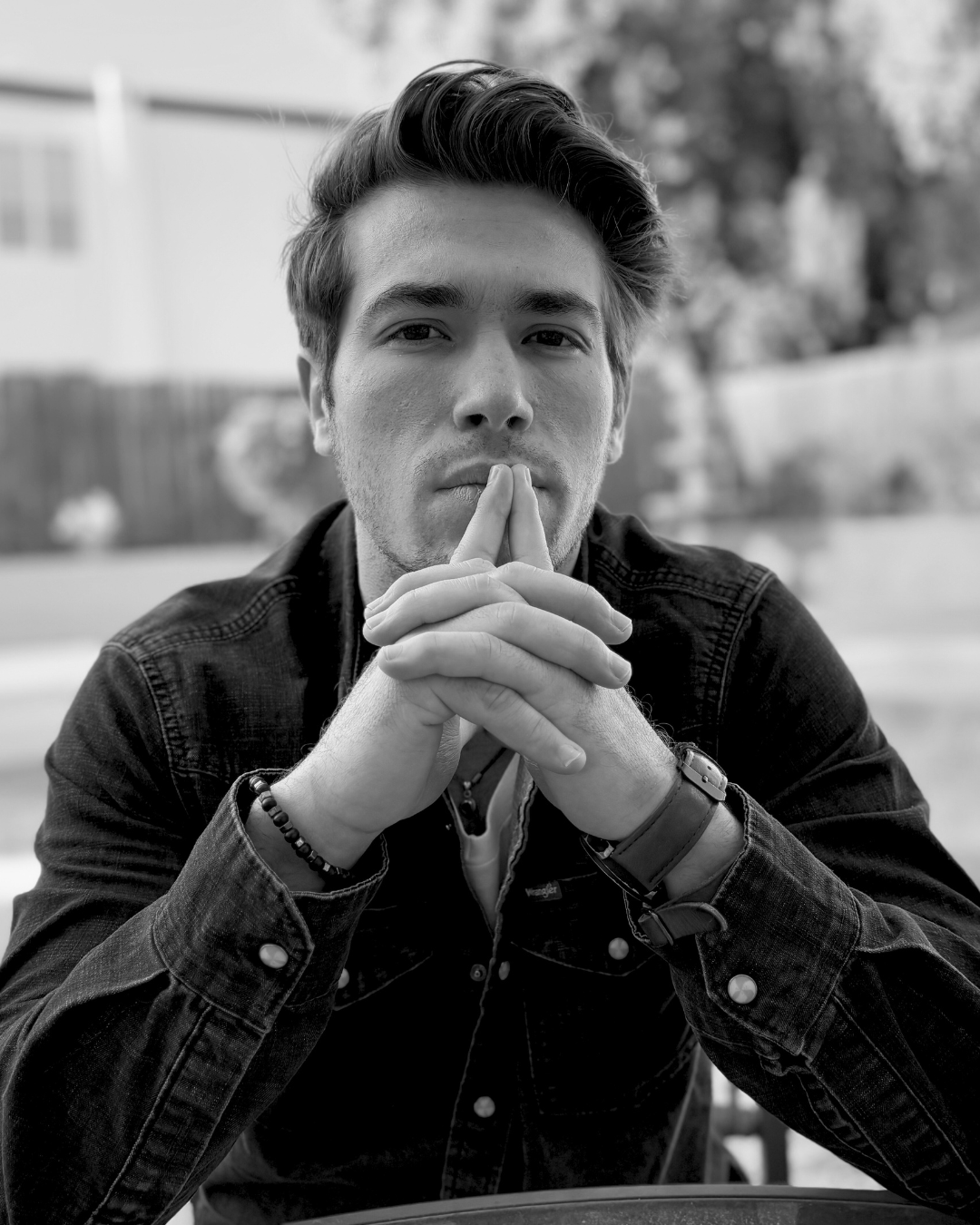Healing in Public: Why Sharing Your Recovery Story Inspires Growth and Connection
By Hunter Grimm
I Never Planned to Heal Out Loud
I didn’t set out to share my story while I was still living through it. Honestly, I thought healing had to be a private, polished journey—something you speak about after the pain has passed. But here I am, blogging from a space that’s still tender, still in process, still cracked open. And what I’ve learned is this:
Healing in public isn’t a weakness. It’s a gift.
Not just for me. For others who see themselves in my mess. My rise. My resilience.
Why I Chose to Share While Still Healing
There was a point where I realized: silence was suffocating me. I needed to get what was inside—out. And once I did, something wild happened. People started reaching out saying:
“I thought I was the only one.”
“You put words to what I couldn’t explain.”
“You gave me hope.”
That’s when I knew this was bigger than just me. Sharing my recovery was healing me—but also helping others regulate, reflect, and rise.
The Science Behind Why It Helps
Sharing our story does more than build connection—it literally rewires our brain:
Neuroplasticity: Talking or writing about emotional experiences activates new neural pathways that support processing, regulation, and long-term healing.
Mirror neurons: When someone reads or hears your vulnerable truth, their brain mirrors your experience. That’s empathy—and it’s contagious.
Cognitive reframing: Telling your story helps you see your life through a narrative arc, giving you meaning and agency over your past.
Spiritual Truths Embedded in Sharing
In spiritual terms, I see healing out loud as a form of sacred service. It says:
“I see you.”
“I survived this—and so can you.”
“You’re not alone.”
When we share from the soul, even our scars become lanterns. What once broke us becomes what we offer back to the world.
But It’s Not Easy—Here’s What I’ve Faced
Let’s be real. Sharing while healing has also brought up:
Fear of judgment – People might not understand.
Shame – The voice that whispers “you’re too much.”
Doubt – What if I relapse? What if I fail again?
But I’ve found that the more I share anyway, the quieter those voices become. Vulnerability doesn’t drain me. It groundsme.
How Sharing Has Changed My Recovery
Since blogging my recovery in real time, I’ve noticed:
I hold myself more accountable—not out of pressure, but from a place of integrity.
I’m less isolated. I feel seen even on the hardest days.
I’ve built a community that doesn’t just watch me heal—but walks with me.
Your Story Matters—Even If You’re Still Living It
You don’t need to be “fully healed” to be helpful. You just need to be honest.
If you’ve ever felt the urge to speak your truth, write your story, or just whisper “me too” into the void—do it. There’s someone waiting to hear exactly what you’re afraid to say.
Because healing in public doesn’t just transform you—it helps someone else breathe easier, dream louder, and believe that maybe they can heal too.
Final Thoughts: You Are the Medicine
In a world full of filters and facades, your truth is medicine.
So write it. Speak it. Live it out loud.
Someone out there is waiting—not for your perfection, but for your presence.

